Richard Sharp: ‘grim’ report that could spell the end for BBC chair
Inquiry into his appointment could see BBC boss ‘jump before he is pushed’ after helping to arrange Johnson loan
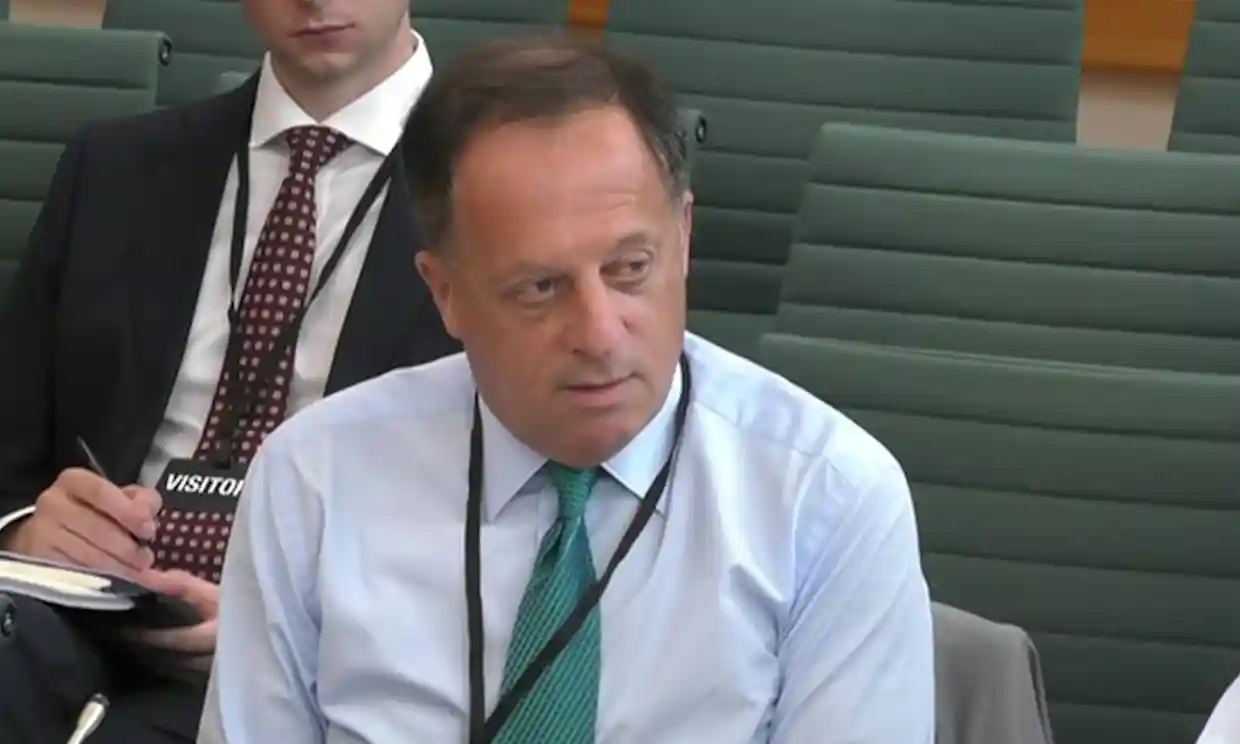
A free daily email with the biggest news stories of the day – and the best features from TheWeek.com
You are now subscribed
Your newsletter sign-up was successful
The chair of the BBC may be forced to resign over alleged conflicts of interest after failing to declare his involvement in a loan worth £800,000 to the then prime minister Boris Johnson.
An independent inquiry into Richard Sharp’s appointment as chair of the corporation is expected to be published soon and its “draft findings” are said to make “grim” reading for the former Goldman Sachs banker, according to the Financial Times (FT).
The inquiry was ordered by the Commissioner for Public Appointments following revelations this year that Sharp, who took the post in February 2021 after being recommended by the then prime minister Boris Johnson, helped secure a guarantor for a loan to help finance Johnson’s lifestyle, and failed to divulge his involvement.
The Week
Escape your echo chamber. Get the facts behind the news, plus analysis from multiple perspectives.

Sign up for The Week's Free Newsletters
From our morning news briefing to a weekly Good News Newsletter, get the best of The Week delivered directly to your inbox.
From our morning news briefing to a weekly Good News Newsletter, get the best of The Week delivered directly to your inbox.
In February, the former BBC presenter Jonathan Dimbleby called for Sharp’s resignation. And the FT reports that one person briefed on the inquiry's draft conclusions said that Sharp may “jump before he is pushed”.
What happened?
Sharp, who was Prime Minister Rishi Sunak’s boss in their time at Goldman Sachs, was involved in securing a loan of up to £800,000 for Johnson just weeks before the former prime minister recommended him for the role of BBC chairman, The Sunday Times revealed in January this year.
The loan was guaranteed by Sam Blyth, a Canadian businessman and a distant cousin of Johnson’s. Sharp, a friend of Johnson and former donor to the Conservative Party, advised the multimillionaire about acting as the guarantor.
Sharp was in the “final stages” of the recruitment process for the role of BBC chair. Johnson then announced that Sharp was the government’s preferred candidate for the £160,000-a-year role.
A free daily email with the biggest news stories of the day – and the best features from TheWeek.com
Simon Case, the cabinet secretary, wrote to Johnson in December 2020 to warn him about a potential conflict of interest, saying it was “important you no longer ask [Sharp] his advice about your personal financial matters”.
Sharp’s appointment was approved in February 2021, but he did not disclose his involvement in the loan during a pre-appointment hearing in front of the culture select committee the previous month.
Hauled in front of the committee again in February 2023, Sharp insisted he had “acted in good faith” and “didn’t arrange the loan”, said the Evening Standard. He said his relationship with Johnson was “broadly professional” and although he conceded that he acted as a “sort of introduction agency” he said he had “no knowledge of the actual loan”.
“As a go-between I was not between Mr Blyth and Mr Johnson, but I was actually seeking to ensure that due process was followed by ensuring that Mr Blyth had contact with the Cabinet Office before he would do anything to help his cousin,” he added.
A subsequent report by the committee, published days later, said that while Sharp “recognised the need to be open and transparent over facilitating an introduction” of Johnson to Blyth by informing the cabinet secretary, he “failed to apply the same standards of openness and candour” when he did not divulge it during the interview process.
Sharp made “significant errors of judgement”, the report concluded, first in getting involved with the loan, and then by failing to declare his involvement. The errors “constitute a breach of the standards expected of individuals applying for such public appointments”.
Will Sharp resign?
The report is believed to be nearly finished and is likely to be published soon. The draft report by Adam Heppinstall KC, overseeing the investigation, makes for “grim” reading, a source told the FT. The criticisms make it “probable, but not certain” that Sharp would have to resign.
“It may be that Richard decides to jump before he is pushed,” said someone briefed on the draft findings.
“Sharp may be a very honourable man, but there’s no getting away from the fact he helped to organise an £800,000 loan that would get the prime minister out of financial trouble,” said Baroness Wheatcroft, member of the Lords Communications and Digital Committee, on BBC Radio 4’s Today programme in February. “He did him a favour just when he wanted the prime minister to give him the top job at the BBC.”
Sharp has already been significantly criticised and is still in his role. At present, his resignation seems “an unlikely prospect”, said The Spectator, as the criticisms focus on his appointment rather than his performance since.
However, Sharp has “barely been seen” around Broadcasting House, said The New Statesman. “You could be forgiven for thinking that Richard Sharp had already quietly left the BBC,” it said.
Where does this leave the BBC?
Ministers “are free if they want – with very few checks and balances – to appoint their political allies, friends and donors”, Sir David Normington, a former commissioner for public appointments, told the BBC’s World at One programme on 14 February. Sharp’s is “an extreme case”, but “an example of what happens” when ministers select a political ally.
The situation was “very damaging" to Sharp, the BBC and the government, said Normington, as the chair is responsible for upholding political impartiality at the public broadcaster.
Normington’s arguments “are perhaps a sign that this row is no longer being contained to just the BBC”, said The Spectator, “but is rather seen as a test case for the public appointments system as a whole”.
The BBC does not have the power to remove its own chair. Sharp would either have to resign, or be removed by the prime minister. Sunak has said he will not pre-judge the inquiry into his former boss.
“The question,” wrote James Heale in The Spectator, “is whether there will be further revelations about Sharp’s appointment that might cause him or Rishi Sunak to rethink this ongoing role.”
Harriet Marsden is a senior staff writer and podcast panellist for The Week, covering world news and writing the weekly Global Digest newsletter. Before joining the site in 2023, she was a freelance journalist for seven years, working for The Guardian, The Times and The Independent among others, and regularly appearing on radio shows. In 2021, she was awarded the “journalist-at-large” fellowship by the Local Trust charity, and spent a year travelling independently to some of England’s most deprived areas to write about community activism. She has a master’s in international journalism from City University, and has also worked in Bolivia, Colombia and Spain.
-
 ‘Zero trimester’ influencers believe a healthy pregnancy is a choice
‘Zero trimester’ influencers believe a healthy pregnancy is a choiceThe Explainer Is prepping during the preconception period the answer for hopeful couples?
-
 AI surgical tools might be injuring patients
AI surgical tools might be injuring patientsUnder the Radar More than 1,300 AI-assisted medical devices have FDA approval
-
 9 products to jazz up your letters and cards
9 products to jazz up your letters and cardsThe Week Recommends Get the write stuff
-
 Can the BBC weather the impartiality storm?
Can the BBC weather the impartiality storm?Today's Big Question MPs’ questions failed to land any ‘killer blows’ to quell the ‘seismic outrage’ faced by the BBC
-
 What are the impartiality rules for BBC presenters?
What are the impartiality rules for BBC presenters?The Explainer News presenters and hosts of 'flagship programmes' must adhere to tougher guidelines than other staff and freelancers
-
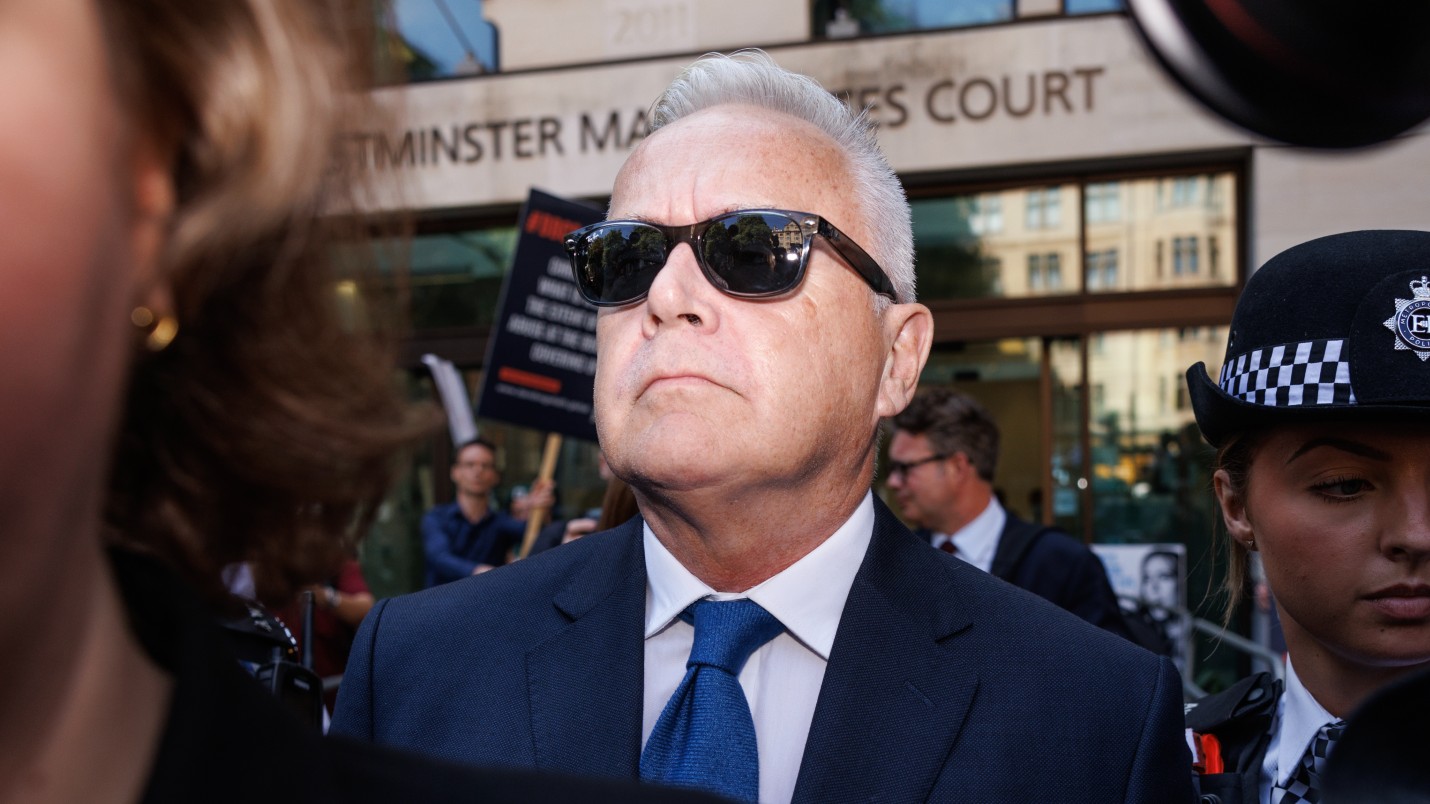 Huw Edwards: why is the BBC so scandal-prone?
Huw Edwards: why is the BBC so scandal-prone?In the Spotlight The national broadcaster has serious questions to answer
-
 Strictly Come Dancing scandal timeline: what happened when
Strictly Come Dancing scandal timeline: what happened whenIn the Spotlight BBC director general addresses speculation over show's future and apologises to celebrity contestants who say they were mistreated
-
 The UK's first TikTok election
The UK's first TikTok electionThe Explainer Labour and Conservatives launch on the video-sharing app deemed so valuable by US Democrats in reaching young voters
-
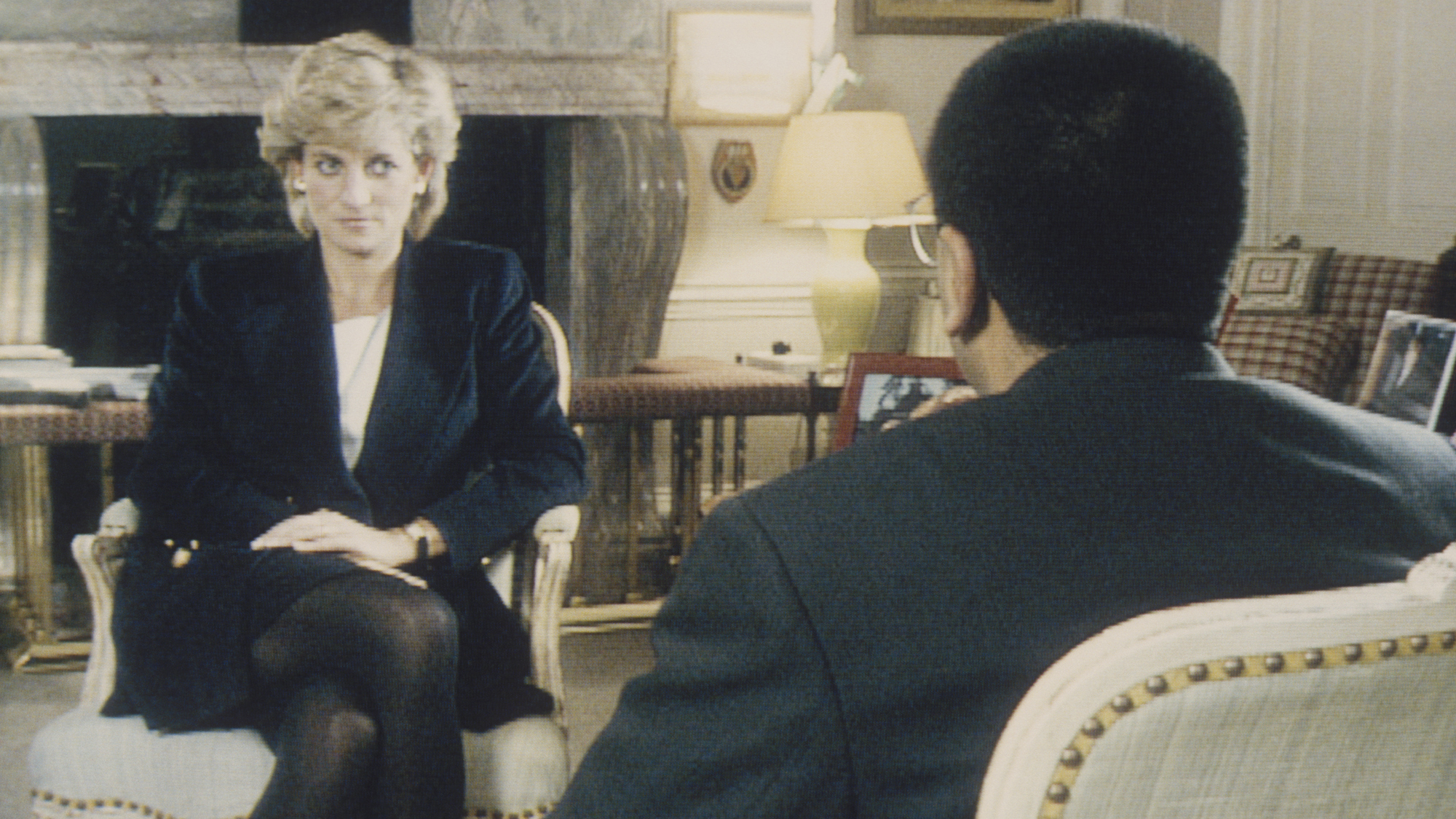 The Princess Diana interview and Martin Bashir's redacted dossier
The Princess Diana interview and Martin Bashir's redacted dossierIn the Spotlight The newly revealed documents show Bashir claimed jealousy and discrimination fuelled allegations against him
-
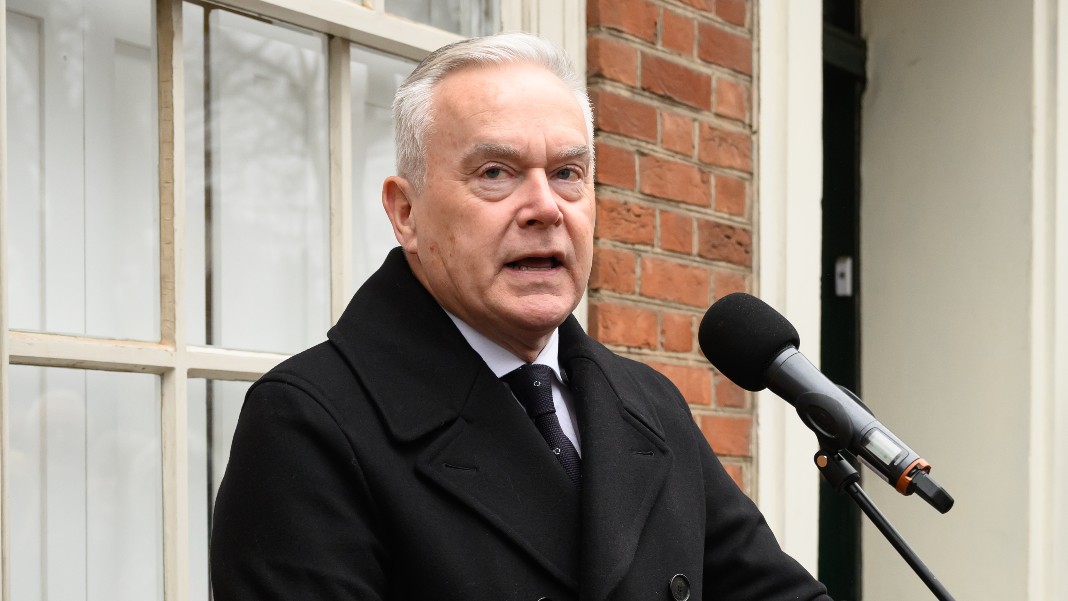 Huw Edwards and the question of ‘public interest’
Huw Edwards and the question of ‘public interest’Talking Point Privacy law ‘mess’ needs to be cleared up, not by judges, but by Parliament
-
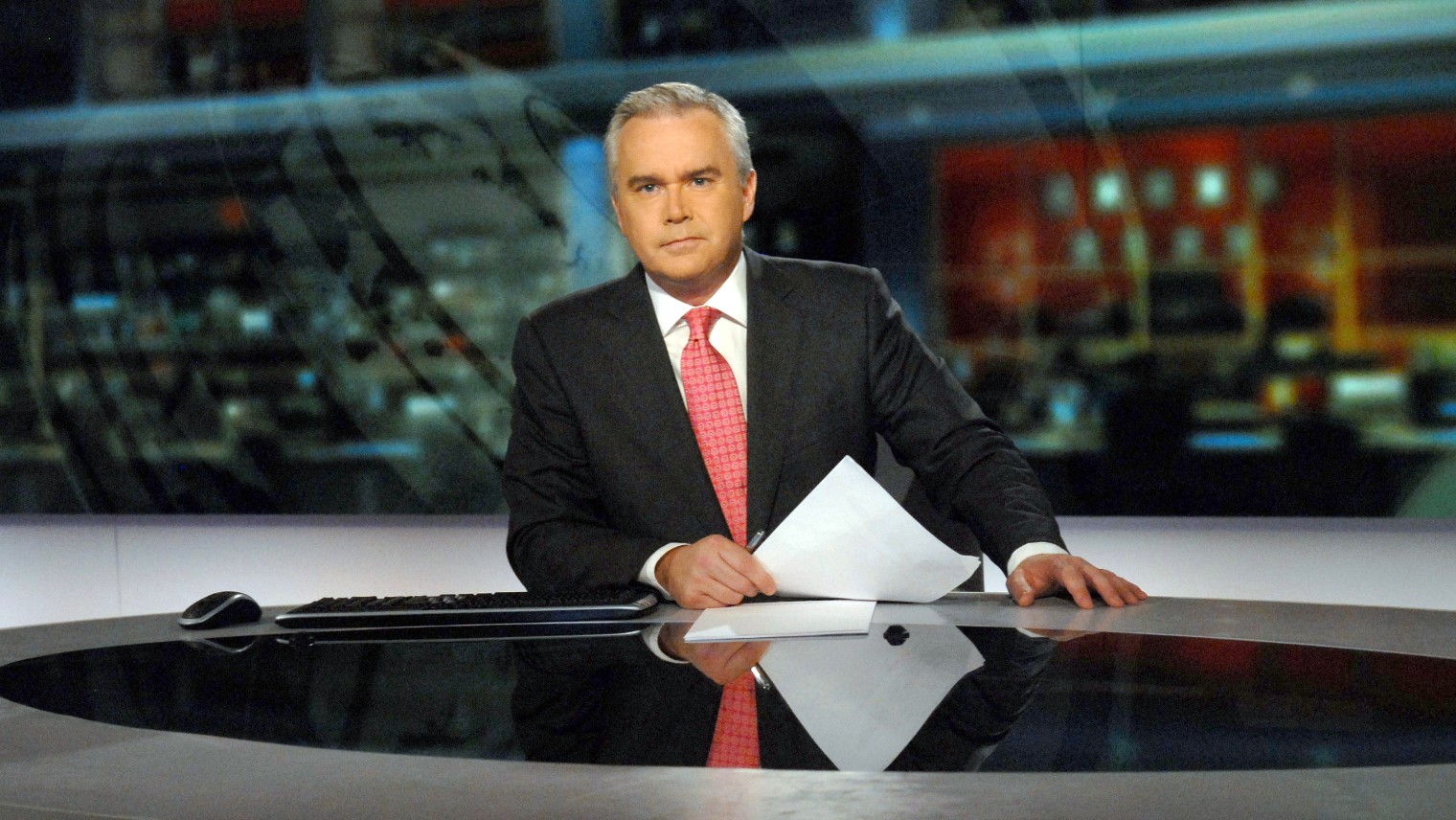 Huw Edwards named as presenter at centre of BBC crisis
Huw Edwards named as presenter at centre of BBC crisisIn Depth News reader’s wife, Vicky Flind, says he will remain in hospital for foreseeable future